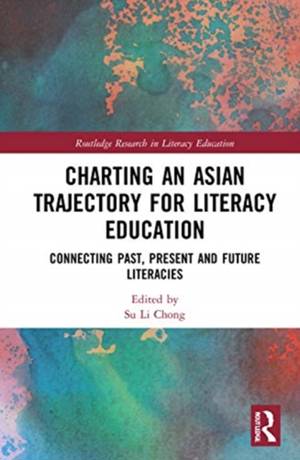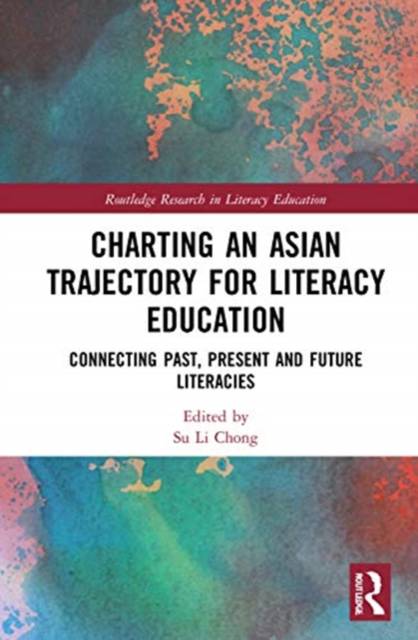
- Retrait gratuit dans votre magasin Club
- 7.000.000 titres dans notre catalogue
- Payer en toute sécurité
- Toujours un magasin près de chez vous
- Retrait gratuit dans votre magasin Club
- 7.000.0000 titres dans notre catalogue
- Payer en toute sécurité
- Toujours un magasin près de chez vous
Charting an Asian Trajectory for Literacy Education
Connecting Past, Present and Future Literacies
Description
Weaving outwards from a centripetal force of biographical stances, this book presents the collective perspectives of literacy researchers from Brunei, China, Hong Kong, Malaysia, Singapore, the Philippines and Taiwan. It represents the first all-Asian initiative to showcase the region's post-colonial, multilingual and multicultural narratives of literacy education. This book provides a much-needed platform that initiates important conversations about literacy as a sociocultural practice in a region that is both challenged and shaped by sociocultural influence unique to Asia's historical and geopolitical trajectory. Driven by the authors' lived experiences of becoming literate as well as their empirical research work in later years, each chapter brings decades of biographical narratives and collective empirical research findings to bear. Within the book are negotiations about literacy across and within home and school contexts; transactions of literature, text and reader; and considerations of the literacy policy-practice nexus. These trajectories, while divergent in their issues, come together as shared lived experience located in local contexts considered through global perspectives. As Asia looks set to become the 21st century's new economic and labour force, the need to understand the sociocultural milieu of this region cannot be understated. This book on literacy education in Asia contributes to the larger narrative.
Spécifications
Parties prenantes
- Editeur:
Contenu
- Nombre de pages :
- 228
- Langue:
- Anglais
- Collection :
Caractéristiques
- EAN:
- 9780367856281
- Date de parution :
- 30-03-21
- Format:
- Livre relié
- Format numérique:
- Genaaid
- Dimensions :
- 156 mm x 233 mm
- Poids :
- 479 g






